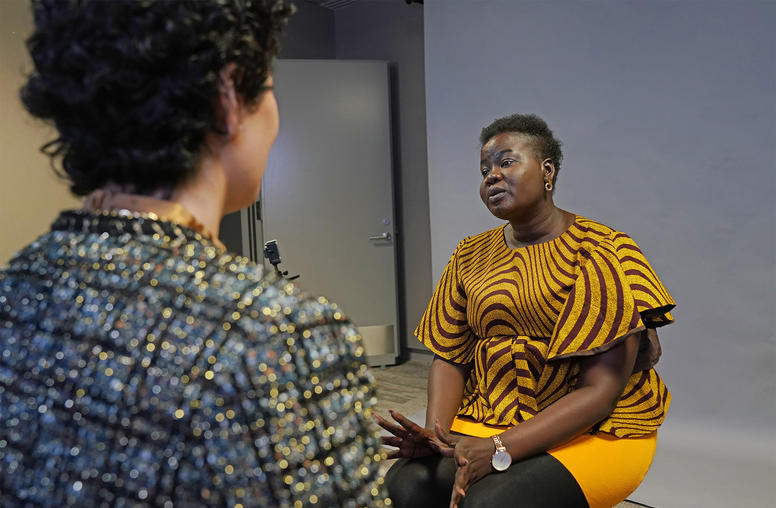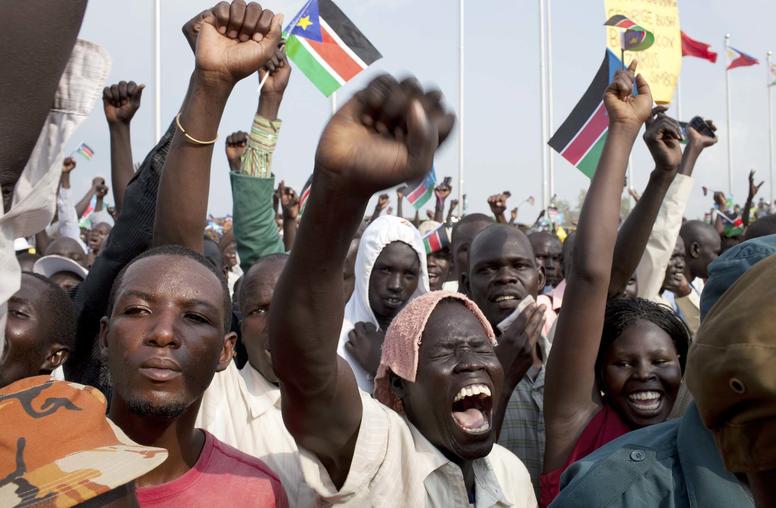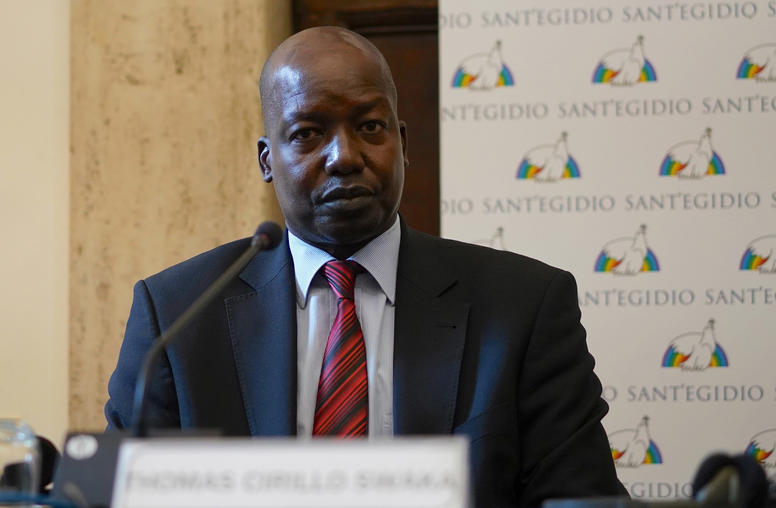Senator Chris Coons on War, Famine in South Sudan
Fresh From His April Trip to the Region, Coons Addressed the Implications of the Crisis for U.S. Policy
Read the Event CoverageSenator Chris Coons and his colleague Senator Bob Corker, the chairman of the Senate Foreign Relations Committee, witnessed first-hand one of the greatest humanitarian disasters in the world today—the effects of South Sudan’s civil war, when they visited in the world’s largest refugee settlement in northern Uganda in April 2017. Senator Coons traveled on to South Sudan where he met with officials of the U.N. mission and the South Sudanese government and members of the country’s political opposition. On Thursday, May 11, at the U.S. Institute of Peace, Senator Coons, a member of the Senate Foreign Relations Committee and the State, Foreign Operations, and Related Programs Appropriations Subcommittee, shared insights from his trip and discussed the U.S. response to the crisis.
Despite a peace agreement in August 2015, South Sudan’s civil war re-ignited in July 2016. Since then, violence has spread throughout the country, forcing almost 4 million people—about a third of the population—from their homes. The United Nations has documented ethnic cleansing and warns about the possibility of genocide. At a time when the world faces possibly the worst crisis of refugees and hunger since World War II, with an estimated 65 million people uprooted worldwide and 100 million at risk of famine, the international community must make difficult choices of where and how to respond.
Speakers
Christopher A. Coons
U.S. Senator from Delaware (@ChrisCoons)
Ambassador Princeton Lyman, Moderator
Senior Advisor, U.S. Institute of Peace



